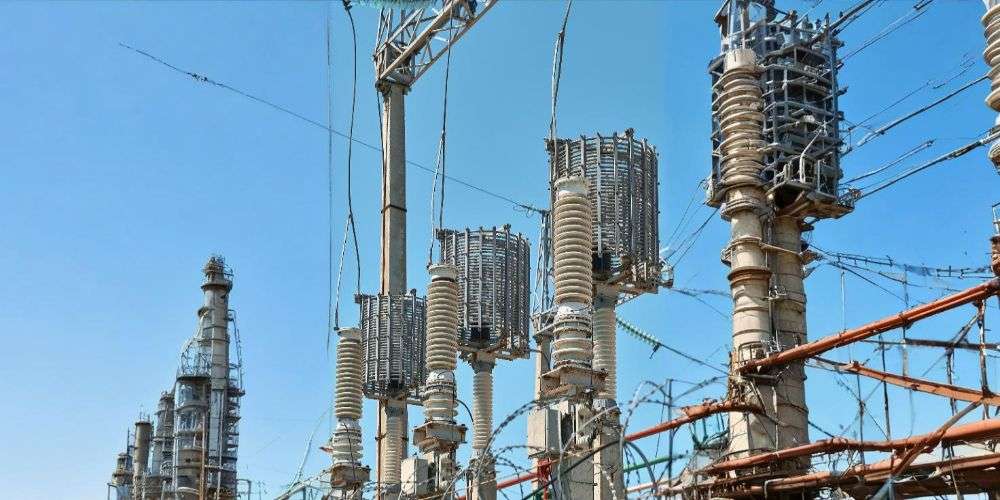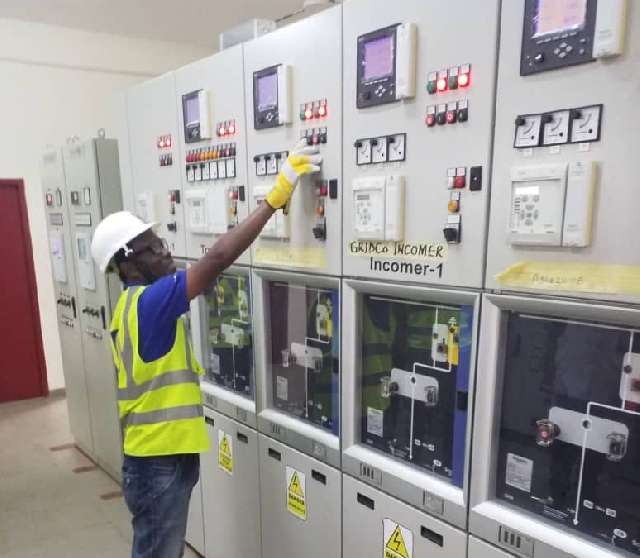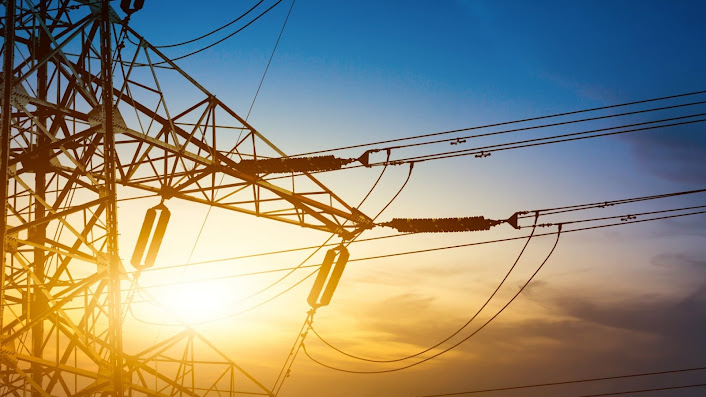U.S. Representative Brian Mast, Chairman of the House Foreign Affairs Committee, has called on the International Monetary Fund (IMF) to allocate a portion of Ghana’s forthcoming bailout funds specifically for settling arrears owed to independent power producers (IPPs).
This appeal underscores growing concerns over Ghana’s escalating energy sector debts and their potential impact on investor confidence and the country’s power infrastructure.
In a letter addressed to U.S. Treasury Secretary Scott Bessent, Mast emphasized the urgency of addressing Ghana’s financial obligations under its $3 billion IMF program. He warned that persistent arrears could destabilize the nation’s power sector and deter future investments.
“I now recommend that the United States Executive Director to the IMF, once appointed and confirmed, formally request that a specific portion of the next IMF disbursement to Ghana be explicitly directed towards settling outstanding payments owed to the IPPs.”
U.S. Representative Brian Mast, Chairman of the House Foreign Affairs Committee
Ghana’s energy sector has long been burdened by structural inefficiencies, including a mismatch between revenue collection and payments to producers.
The country’s debts to IPPs have reached critical levels, leaving power producers struggling with liquidity constraints.

Recent payments by the Electricity Company of Ghana (ECG) to US-affiliated IPPs, Twin City Energy and Early Power Ltd., have done little to ease tensions.
Each company received $5.5 million, below the expected $7.5 million, and payments were made in Ghanaian cedis rather than US dollars. This has further complicated financial planning for investors.
The IMF has acknowledged Ghana’s efforts under the Extended Credit Facility Arrangement, noting that the country’s performance has been generally satisfactory.
However, the Fund has emphasized the importance of steadfast implementation of policy and reform agendas to fully restore macroeconomic stability and debt sustainability.
Ghana’s energy sector debts have been a longstanding issue, with the IMF estimating that take-or-pay contracts and inadequate power tariffs have cost the country 2% of its GDP annually since 2019. In 2020, excess power and unutilized gas were reported to cost Ghana $1.2 billion a year.
The Ghanaian government has acknowledged the challenges within the energy sector. Finance Minister Cassiel Ato Forson recently indicated that the country’s energy debt could double by 2027 unless decisive action is taken.
US Investor Concerns

The partial payments have raised concerns among investors, particularly those affiliated with US pension funds and taxpayers.
“I believe such a measure is essential to keeping American investors interested in Ghana, addressing the ongoing financial strain on IPPs, and ensuring the stability of Ghana’s power sector.”
U.S. Representative Brian Mast, Chairman of the House Foreign Affairs Committee
The IMF’s next disbursement to Ghana, amounting to approximately $360 million, is contingent upon the country’s adherence to the agreed-upon reform agenda.
Ensuring that a portion of these funds is allocated to settle energy sector arrears could be a pivotal step in stabilizing the sector and fostering economic growth.

Ghana’s energy sector debts pose significant risks to the country’s economic stability. The government’s efforts to rebuild reserves and restructure debts have been met with skepticism.
“President Mahama does not appear to be listening to his advisers, as proposed solutions – like ring-fencing – remain mere talking points.
“Additionally, the acknowledged scarcity of government funds suggests that the focus on rebuilding reserves might impede the simultaneous clearing of existing arrears owed to IPPs.”
U.S. Representative Brian Mast, Chairman of the House Foreign Affairs Committee
Mast’s letter underscores the need for a coordinated approach to resolving Ghana’s energy sector challenges, ensuring that bailout funds are used effectively to address critical issues.
Mast’s appeal to the IMF highlights the importance of prioritizing these obligations to ensure sustainable growth and development in Ghana.
The government’s commitment to resolving energy sector debts will be closely monitored by both domestic stakeholders and international partners. The outcome will significantly influence the country’s economic trajectory and its ability to attract future investments.
READ ALSO: GSE Records Tepid Trading Session with Ghana Oil Company as Sole Gainer







